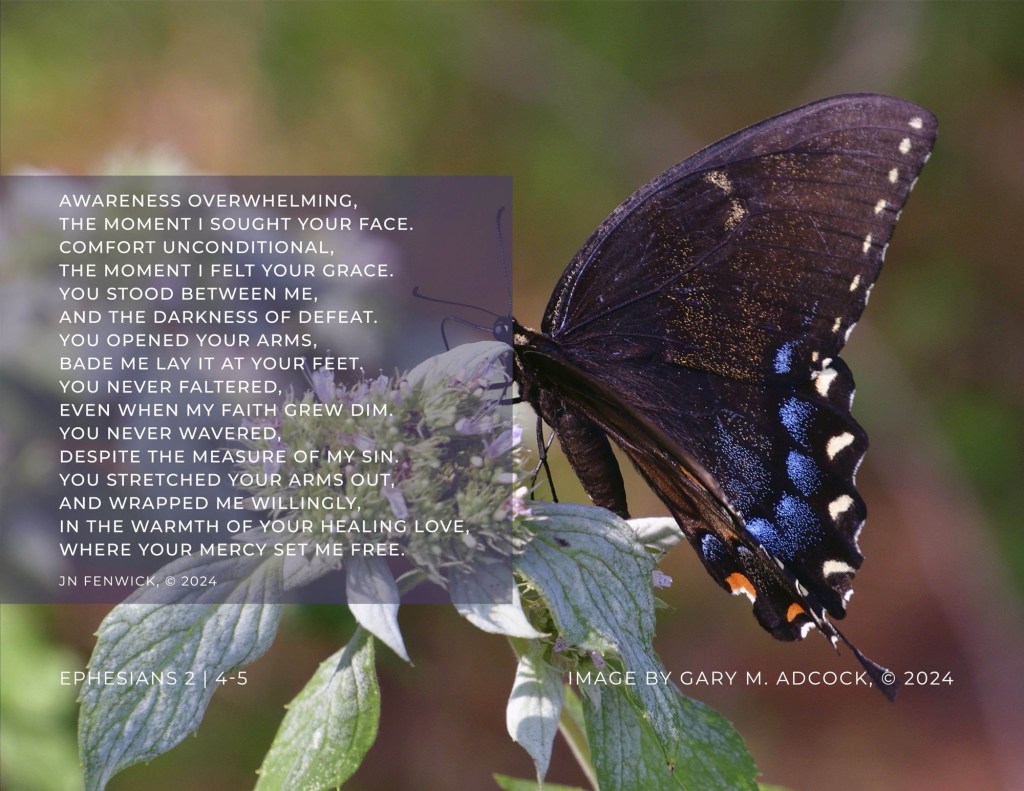Understanding the link between past and present is a basic part of growing as individuals and a society. History isn’t just a worthwhile thing to study, it’s an essential part of who we are.
In 1998, Peter N. Stearns, professor of history and provost emeritus at George Mason University, published an article for the American Historical Association (AHA) that is still relevant today. Why Study History explains the relevance of understanding the link between past and present and offers two fundamental facts regarding the utility of learning history.
- History Helps Us Understand People and Societies
- History Helps Us Understand Change and How the Society We Live in Came to Be
To these two important facts, I would add a third, history helps us understand ourselves.

We can’t judge the successes or the sins of the past from our vantage point in the present. Nor can we dismiss some parts of the story while advancing others.
During my years teaching 8th grade American History, I forwent the requisite memorization of names, dates, and speeches, that so often made up my own history education. Instead I took my students on a journey. One that stretched back to the pre-history of North America, moved through exploration, colonization and revolution, continued through the founding of our nation, and included all the conflicts, failures, successes, and progress we’ve made since our Constitution was ratified in 1788.
Along the way I encourage them to practice their critical thinking, logic and reasoning, debate, communication, and writing skills. Truly, you cannot study history without them. Equally, if not more important, I emphasized the vital importance of historical context.
Historical context allows us to consider the social, economic, political, and religious factors that influenced historical events. We cannot hope to learn from the past unless we understand it. And to do that, we must be able to study the past without bias. Historical context allows us to do that.

Benefits to understanding the link between past and present.
We ARE history. From our genetic makeup, to the things we value and believe in, to the technologies we use, we are living products of history. Whether we acknowledge it or not, we have been impacted by the generations that came before us, just as we’ll impact generations to come.
In the title to this piece, I asked the question: History, what’s in it for me? A lot really, but through the years, I’ve discovered some essential benefits to studying history. Benefits that go far beyond the classroom.
Human nature will not change. In any future great national trial, compared with the men of this, we shall have as weak and as strong, as silly and as wise, as bad and as good. Let us therefore study the incidents in this as philosophy to learn wisdom from and none of them as wrongs to be avenged.
Abraham Lincoln (in the context of The American Civil War of 1861 to 1865)
Studying history teaches us about the present.
How? Because the point of studying history is this: through critical assessment of the events, the players, the ideas, and the outcomes, what worked, what did not, we learn from the past and then by applying that knowledge to inform our present, we grow.
Looking back through the long lens of history, we discover patterns. The oft used phrase, “history repeats itself” is not incorrect. History is created by human beings, after all, and we tend to make the same mistakes.
Historical documents, records, writings, and publications, reveal the ideas, motives, philosophies, and practices of the times in which they were created. We may agree or disagree with them, but we cannot argue their existence. Historical events are human events and studying them invariably reveals the following:
- Some ideas, movements, and events led to growth, inventive thinking, and positive change; while others led to injustice, destruction, and chaos.
- Some led to increased freedom and prosperity; while others led to oppression and persecution.
- As history is created by human beings who are imperfect, it is also imperfect, but it’s never irrelevant.
Studying the past enables us to discover the patterns and to apply the lessons and wisdom we learn from it. The goal is progress, and we cannot hope to achieve it without appreciating everything that brought us to the present moment.
Studying history unites us in a common heritage.
On a personal level, our family history provides us with a sense of identity and belonging. It can be a tremendous source of pride, as well as a foundation upon which to affect change and grow. We are part of the fabric of our family history and that includes all the generations that came before us.
Our national history is no different. We are Americans and our national heritage is part of our identity. No, it’s not perfect, but it’s still ours.
From generation to generation, we’ve learned, grown, and evolved as a nation. The progress we’ve made would’ve never been possible without those willing to step outside the box, stand up to the status quo, work hard to right the wrongs, and to sacrifice for the greater good.
For better or for worse, it’s our history, our shared heritage that unites us.
That’s why history education is so important.
It’s critical that we teach future generations the history of our country, as well as the history of our government, free from bias, judgement, and agendas. If we do not, then we place ourselves at great risk. As former Secretary of Education and author Dr. William Bennett explained, “If they [students[ don’t know where they came from, what their legacy is, their inheritance is, how will they then support and defend it?”
Wisdom and knowledge . . . diffused generally among the body of the people [are] necessary for the preservation of their rights and liberties. . . . [Thus,] it shall be the duty of legislatures and magistrates, in all future periods of this commonwealth, to cherish the . . . public schools.
John Adams, Massachusetts Constitution of 1780

Studying history teaches a range of skills that are useful in other areas of our lives.
Most notably, studying history creates informed citizens, with the critical thinking skills, research skills, logic and reasoning, and general awareness to make rational decisions in the present. These skills extend to all areas of our lives and not just to fulfilling our responsibilities as citizens.
Our nation’s founders believed this to be so critical to sustaining our republic, that they envisioned a vast public education system that prepared youth to be active participants in the system of self-government the Constitution created.
It is an object of vast magnitude that systems of education should be adopted and pursued which may not only diffuse a knowledge of the sciences but may implant in the minds of the American youth the principles of virtue and of liberty and inspire them with just and liberal ideas of government and with an inviolable attachment to their own country.
Noah Webster, On the Education of Youth in America, 1788
Being a historian isn’t a requirement.
You don’t have to be a historian to study history.
I mean, if you think about it, we engage in many of the same skills required to study history daily, almost without thinking. How often do we conduct research about a product or service before we commit to a purchase? How many times do we ask the advice of family members or friends before we make a decision.
Studying history is no different. We look at the past to assist us in making decisions that impact our present and our future. Growth, after all, requires us to examine the past in order to learn from it, thus, enabling us to move forward with wisdom and purpose rather than holding on to anger, discontent, and malice.
There is one mind common to all individual men……..Of the works of this mind history is the record. Man is explicable by nothing less than all his history.
Ralph Waldo Emerson, History Essays, first series, 1841
So, history, what’s in it for me?
A lot, really.
And I would add that studying civics is just as important.
Unfortunately, civics education is not part of the curriculum like it once was. Learning about the Constitution, the Bill of Rights, and the foundation of our Republic should be a prerequisite for all students. How else will they develop an understanding of our system of government or grow to become active participants in it? Further, if they don’t know their rights, how will they protect and defend them?
Civics education teaches students about their government and how it works. It teaches them about their role as citizens. And, it instructs them on their civic responsibility and encourages them to take ownership of it.
Civics education is vital to the continued posterity of government of the people, by the people, and for the people.
Like history, the study of it protects our national heritage.
Understanding the link between the past and the present.
History is the study of humanity.
If we cannot explore the past with genuine curiosity, unimpaired by preconceptions and bias, then we marginalize the generations that came before us. In doing so, we undermine their contributions, diminish their sacrifices, and discount their wisdom. Moreover, to our detriment, we dilute our ability to learn from their mistakes or to improve on their successes.
Finally, when we misguidedly attempt to rewrite the past to suit our own selfish ends, we do a great disservice to future generations. Generations that have every right to explore the unvarnished past for themselves, to form their own opinions, to learn from both the good and the bad contained therein, and to pave their own way.
After all, understanding the link between the past and the present, requires that we deepen our knowledge of it. That’s the only way for us prosper as individuals and as a nation. Which is what studying history is all about.
JN Fenwick, © 2024














